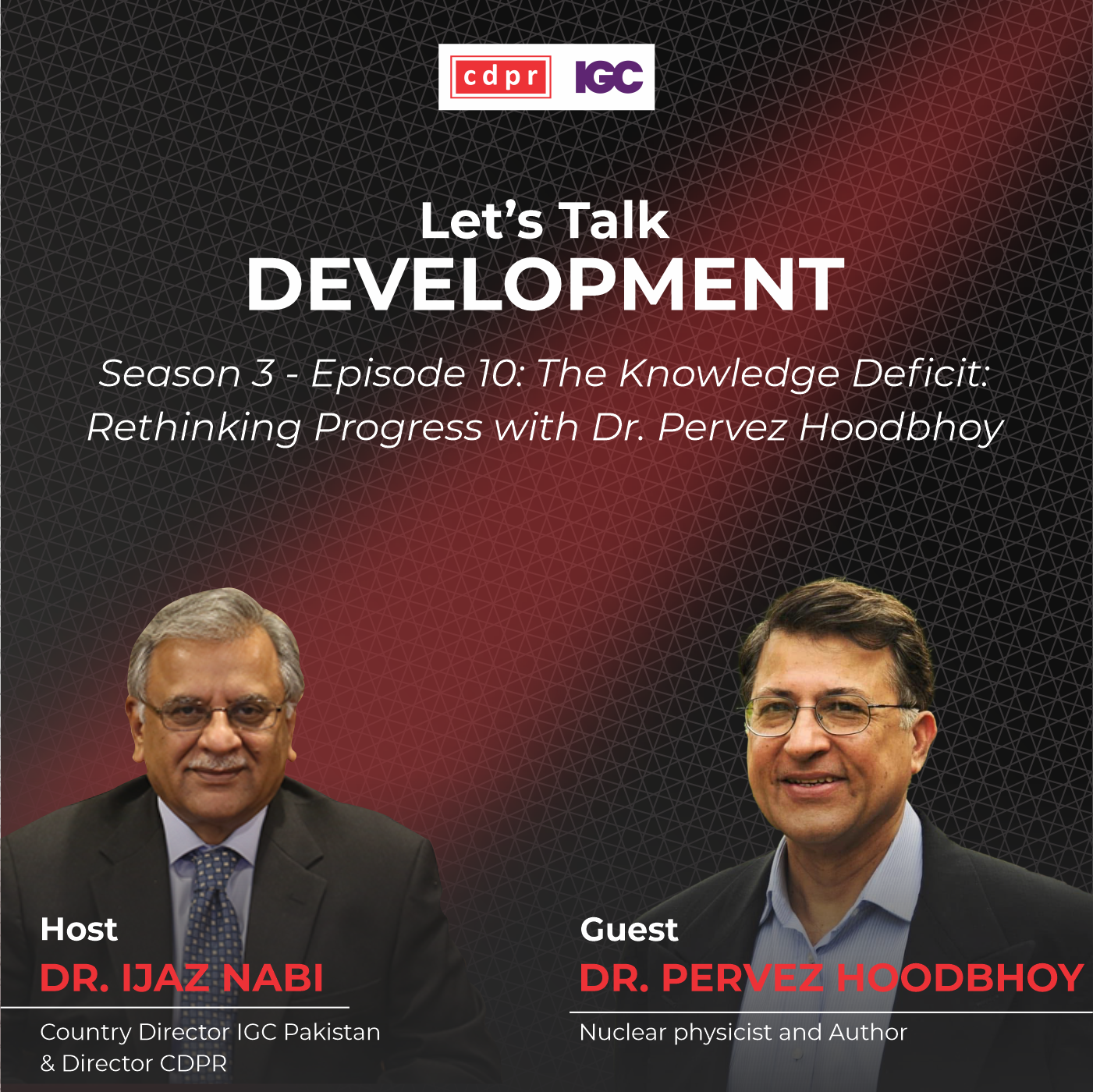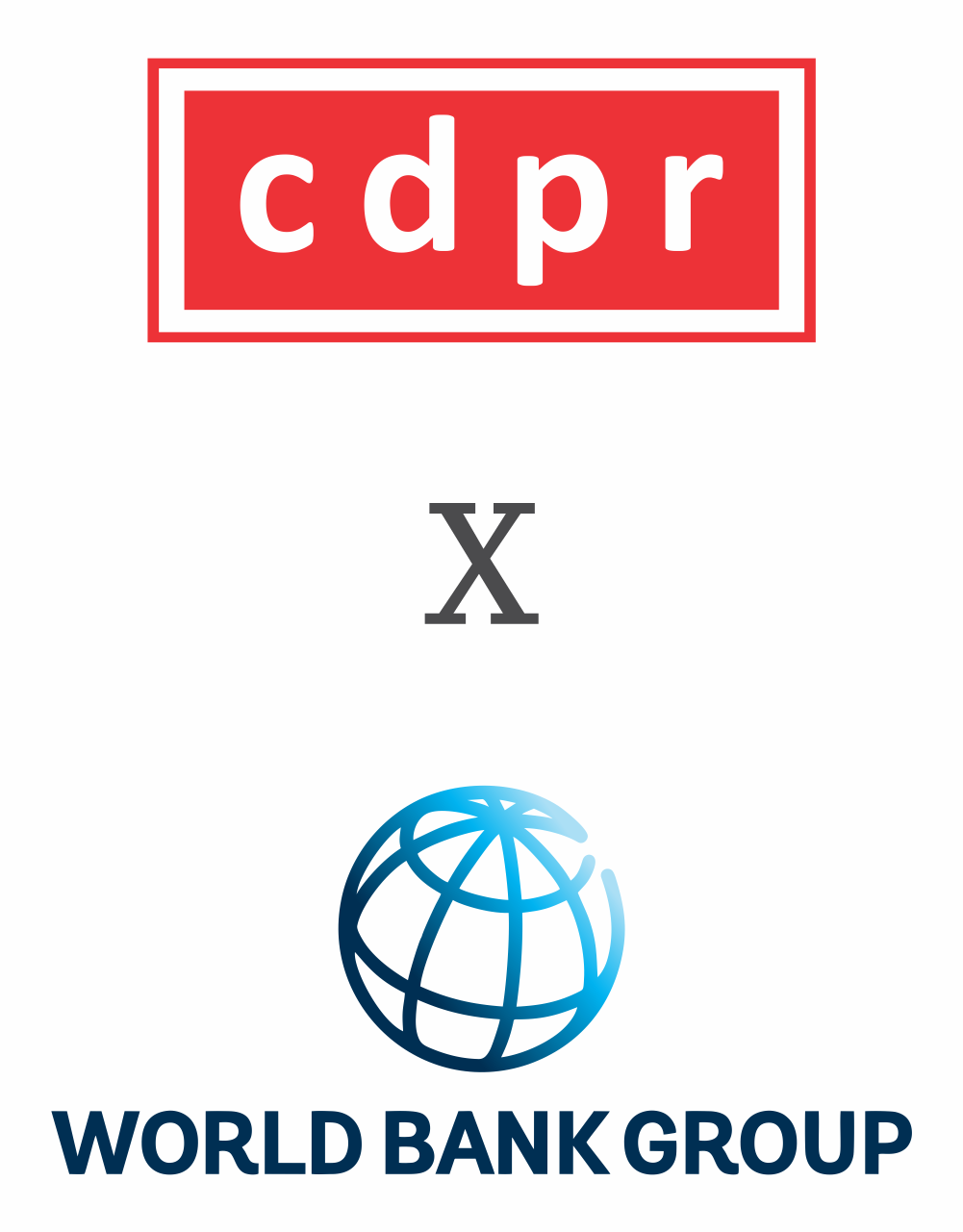
- Environment and Climate Change
- Cities



The Consortium for Development Policy Research (CDPR) is a Pakistan based research and dissemination organization supported by the International Growth Center (IGC). It aims to generate public discourse on key policy issues through cutting edge research and policy analysis.







CDPR works with top academics in leading universities around the world who are experts in their fields. They contribute with insights on our research engagements. Some researchers working on CDPR's latest projects, are:














